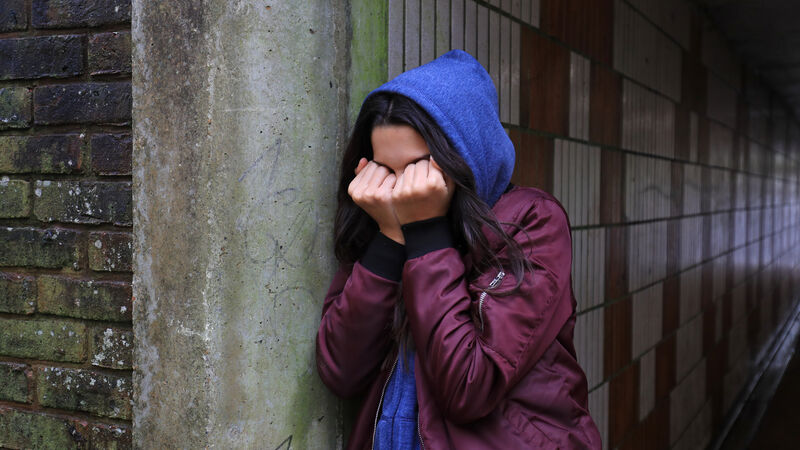Vulnerable children in State care facing 'desperate situation', Children's Ombudsman says

Funding and human resources to provide appropriate placements for children have not been progressed 'due to a combination of Government intransigence and neglect of this sector'.
The Ombudsman for Children has said Ireland must ask itself how it appears “unable to provide a highly vulnerable child, in the care of the State, with a safe and stable place to live”.
Dr Niall Muldoon was reacting to the latest batch of reports published by the Child Law Project, which highlighted a lack of special care placements, as well as concerns about the availability of foster and residential care.










